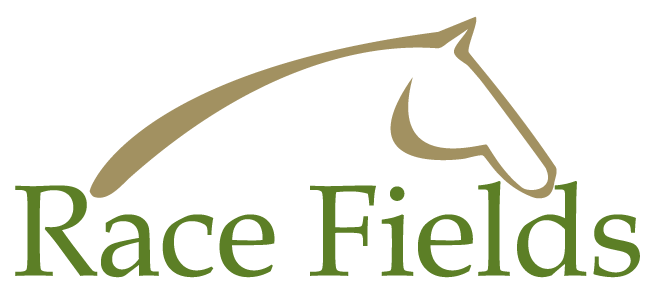Group One winner Aloisia is likely to remain in Sydney following her slashing second in the Group Two Villiers Stakes after again being treated with Regumate.
The product altrenogest, marketed as Regumate, is the subject of debate after it was recently been found to produce swabs with traces of the steroids trenbolone and trendione.
Racing NSW has introduced a local rule to deal with "nonconsequential" amounts of the steroids in Regumate which is used to regulate the cycles of fillies and mares.
Racing Victoria has advised against its use after two positive swabs and has instead recommended the injectable progesterone which many trainers say is not as effective.
Aloisia has been out of sorts at her past two starts in Melbourne and her Victorian trainers Ciaron Maher and David Eustace sent her to NSW to test their theory about Regumate.
The winner of the 2017 Thousand Guineas, Aloisia stormed home to run Sky Boy to a half neck in Saturday's Group Two Villiers (1600m).
Stable representative Brian McGuire looked after the mare on Saturday and was pleased with her pre and post-race demeanour.
"Her whole preparation has been a head-scratcher," McGuire said.
"It's good to see her back.
"Some fillies need Regumate. Jameka didn't need it but others do."
The argument for Regumate is that it is not performance enhancing.
Maher and Eustace are among the Victorian trainers who say they will have more fillies and mares racing in NSW.
"There needs to become unification between @racing_nsw and @RacingInsider . @OTIRacing owned #Aloisia displayed enormous improvement to storm home for 2nd in @royalrandwick G2 Villiers which favours her to remain racing in NSW #unification #regumate" the stable posted on Twitter.
Maher and Eustace have nine horses in training in visitors' boxes at Rosehill and are looking to maintain a small but permanent presence in Sydney.
When the rule was introduced earlier this year, Racing NSW chief executive Peter V'Landys said it was a health and safety issue.
"The use of altrenogest products in fillies and mares has been permitted in racing for many years," he said.
"Its use helps alleviate work, health and safety issues as well as ensuring that all horses race consistently.
"Given the insignificant trace levels found in these oral substances and having regard to advanced testing equipment used by the Australian Racing Forensic Laboratory and the fact that it's so minuscule it has no effect on the horse's performance, the Board has introduced the local rule 44A to safeguard the NSW racing industry by allowing fillies and mares to continue to be administered oral altrenogest."
 InglisDigitalAUS
InglisDigitalAUS InglisDigitalUSA
InglisDigitalUSA







